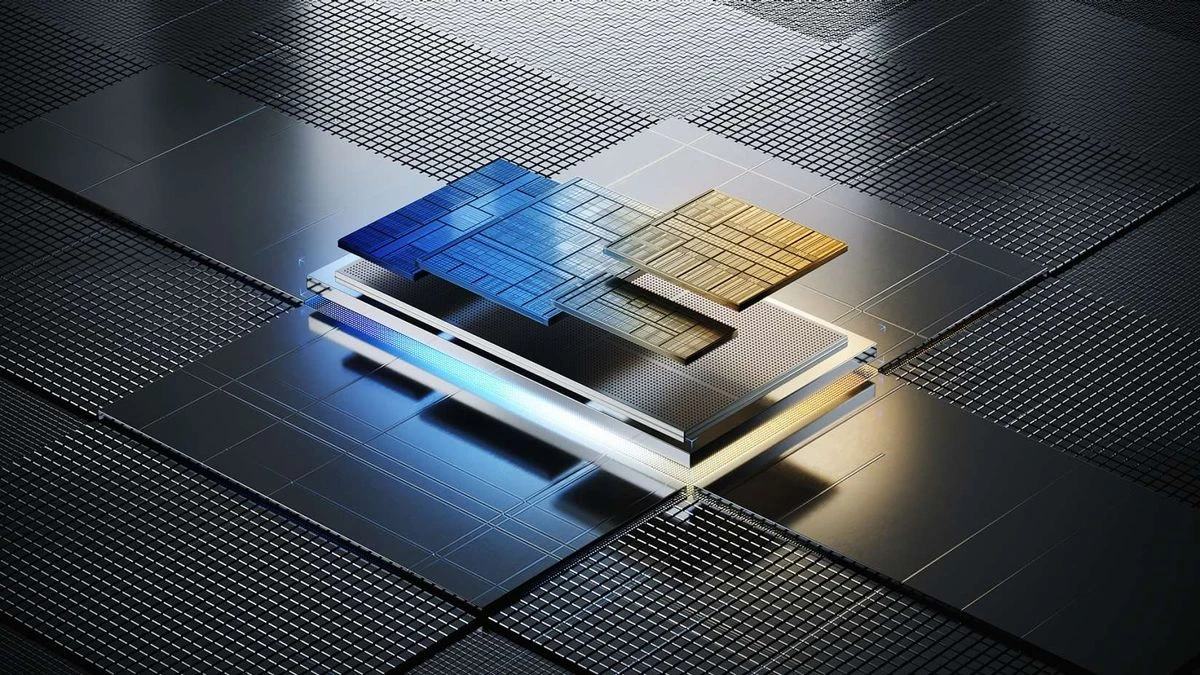Intel Arrow Lake CPU benchmarks leaked show a generational performance decline but that's not the whole story
Wouldn't it be great if Intel could fix the 13th and 14th Gen CPU problems with a new generation of desktop chips? In theory, this would be Arrow Lake due later this year.
Benchleaks, a X account, has recently leaked some new benchmarks that don't paint a very positive picture of Arrow Lake's performance.
The chip in question will be the Intel Core Ultra 7-265KF. It is expected to be placed in the same position as the Core i7-14700KF. It's a second-rung model without the integrated GPU.
What about those benchmark results? Geekbench 6 comes with all the usual caveats. The leaked numbers are 3,219 points for single-thread and 19,433 points for multi-thread.
This compares to 3,005 and 19,595 respectively for the Core-i7-14700KF. (Read our review of the similar Core-i7 14700K). The new Arrow Lake CPU will likely have the same eight Performance cores and 12 Efficient Cores configuration as the 14700KF.
Arrow Lake's biggest difference is that it does away with HyperThreading in its Performance cores. This means that it has eight fewer threads than its predecessor.
In this context, the slight drop in performance of multi-threads makes sense. It's less of a drop that you might expect due to the removal of support for HypperThreading.
But if accurate, any actual regression in multi-thread performance, generation-on-generation, is still very disappointing from what is meant to be a pretty major architectural advance.
The single-thread performance is also a part of the equation. The new Arrow Lake processor is faster than the old Raptor Lake but not as much as one would expect from a brand-new CPU design.
These Geekbench numbers show a slight increase in threads of just over 7 percent. This is not a huge jump. Several factors are unclear. What clock speed does the new chip run at? What is the speed of the new chip?
Geekbench says the base clock of the Arrow Lake chip is 3.9GHz, compared to 3.4GHz on the 14700KF. It's not clear if this is an accurate or final number. The Max Turbo figure is not known, whether it's the speed at which this particular chip runs or the final retail processors.
Moreover, final revisions of elements such as microcode can unlock additional performance. There's a high chance that 7% will not be the final performance delta for single-thread. Geekbench, too, is only one data point.
If this is the real result of an actual Arrow Lake processor, it's difficult to imagine that the final retail product would be able to produce, say, 25% higher single-thread performance.
This new generation of CPUs doesn't look like it will be a classic, especially when you consider the disappointing advancements offered by AMD's Ryzen 9000 chip. Let's hope Arrow Lake has some other tricks up its sleeve that these supposed benchmarks don't reveal.




Comments